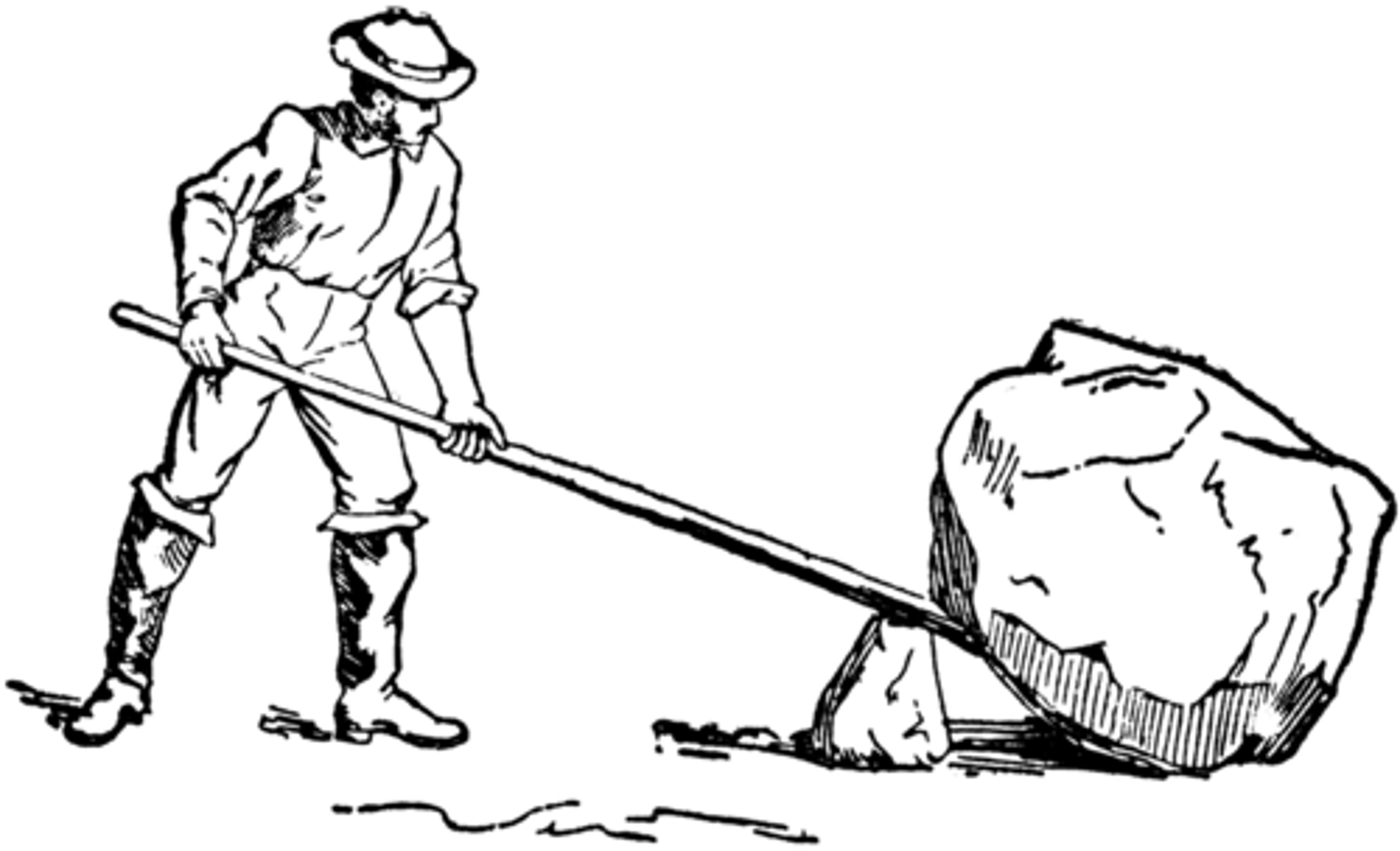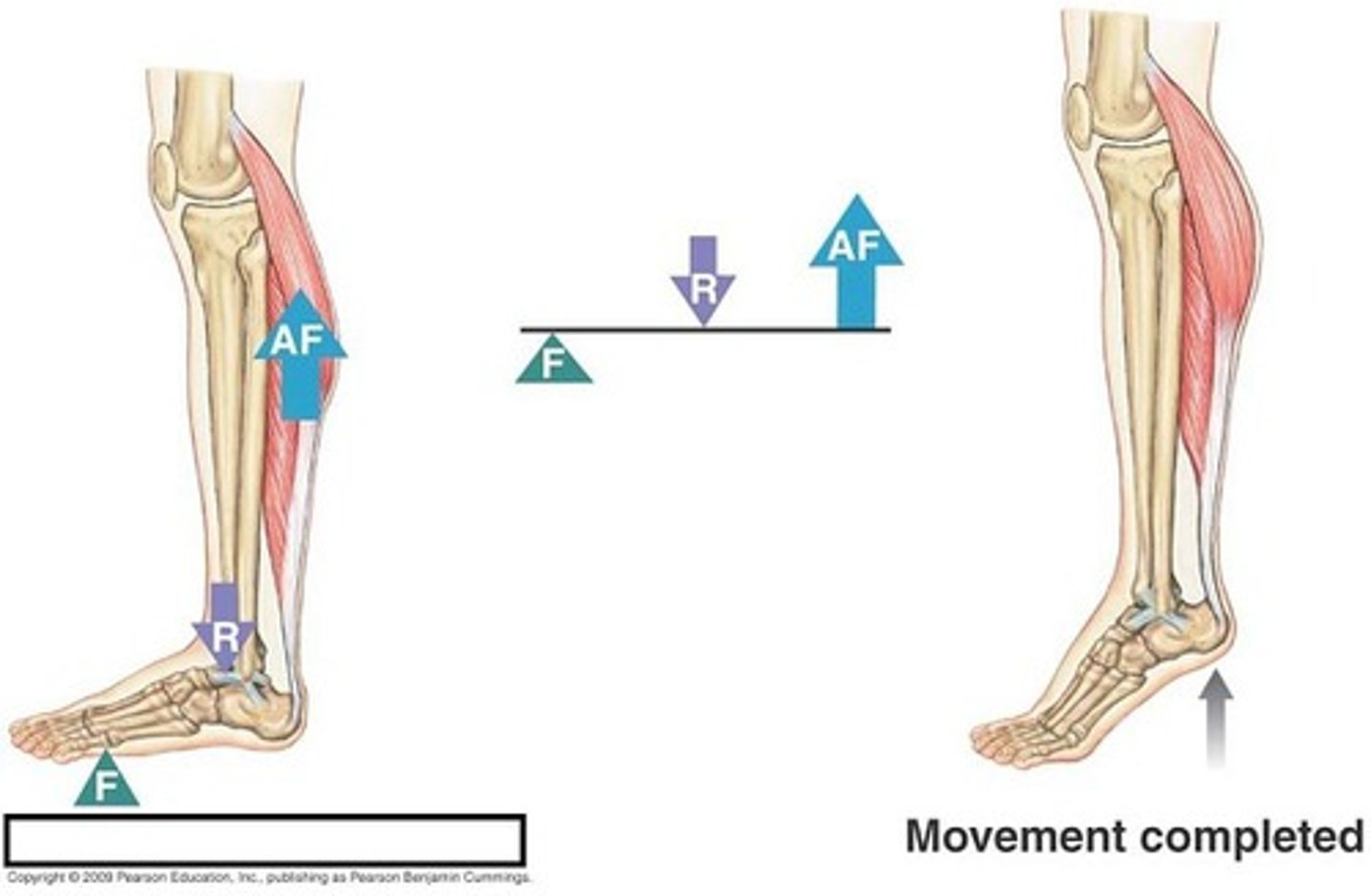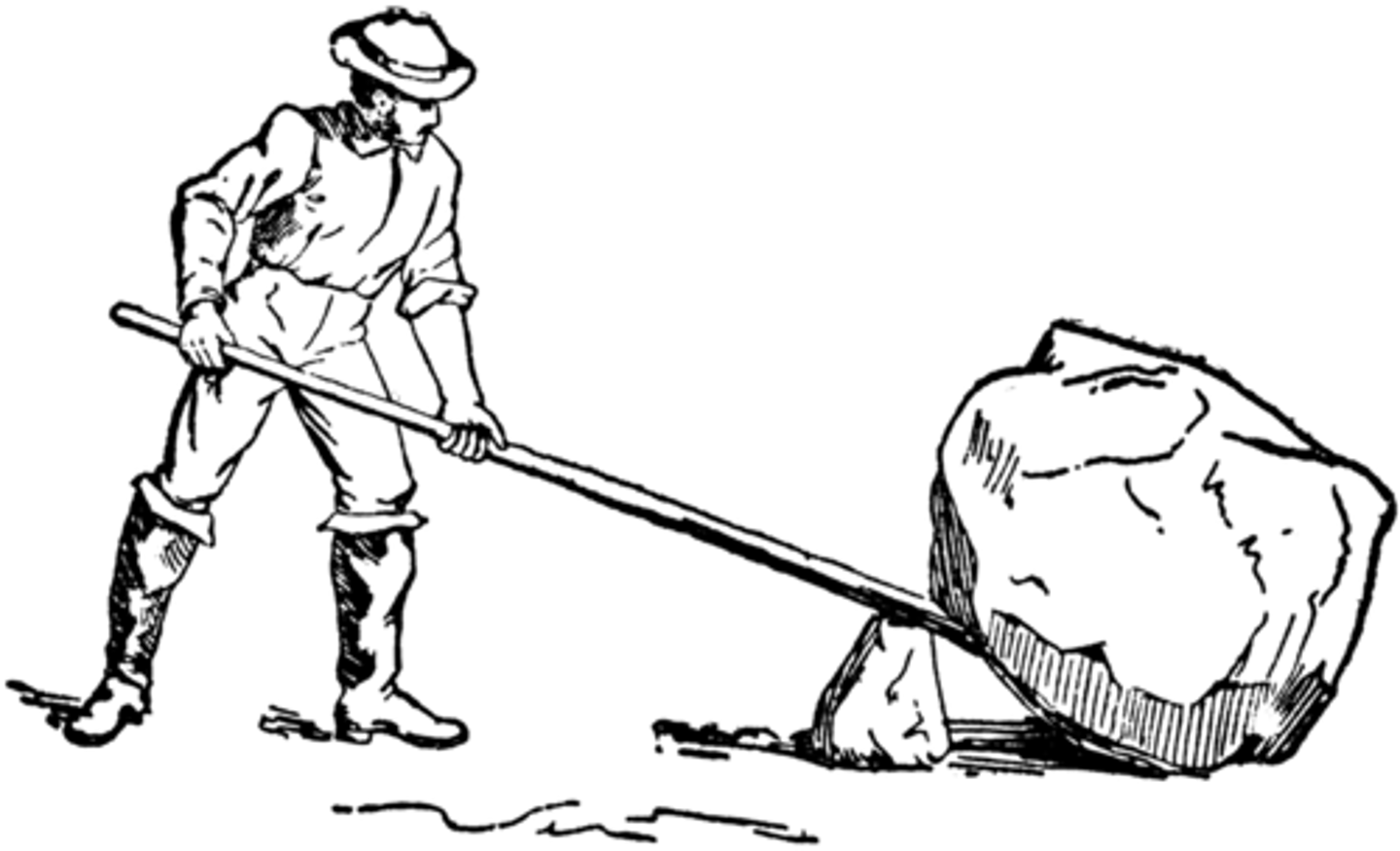UNL BIOS 214 Lab 6 Clinical Condsiderations/Lever systems
1/17
There's no tags or description
Looks like no tags are added yet.
Name | Mastery | Learn | Test | Matching | Spaced |
|---|
No study sessions yet.
18 Terms
tenosynovitis
inflammation of tendons/tendon sheath/synovial membrane surrounding joints-
often around wrists, shoulders, elbow, finger joints
tenderness/pain-often follows trauma, strain, excessive exercise
atrophy
wasting away of muscles
hypertrophy
dramatic muscle growth after birth due to enlargement of fibers
hypotonia
decrease or loss in muscle tone
hypertonia
increased muscle tone
muscular dystrophy
group of inherited muscle disorders that cause muscle weakness without affecting the nervous system
leads to inability to walk
myasthnia gravis
an autoimmune disease that causes chronic, progressive damage of the neuromuscular junction
blocks ach receptors
rigor mortis
muscles in a state of rigidity, occurs 3-4 hours after death
anabolic steroids
increases muscle size, strength, liver cancer and kidney damage
in females: can lead to sterility
Exertional Compartment Syndrome
muscle/nerve condition
when pressure of muscles in arm/legs raise to dangerously high levels
causes: fascia around muscle doesn't expand when muscle does
pain and discomfort
nonoperative treatments, surgery, lifestyle adjustments
Amyotrophic lateral sclerosis
progressive, degenerative disease that attacks motor areas of cerebral cortex
causes atrophy and muscle weakness
die in 2-5 years typically
inherited, non inherited(causes by a buildup of glutamate in synaptic cleft),
lever
a rigid structure that can move around a fixed point
fulcrum
fixed point around which a lever turns
effort
causes movement
load
resistance, opposes movement
First class lever system
fulcrum between load and effort
ex-head on the vertebral column
E-posterior neck muscles
F-atlantooccipital joint
L-weight of interior skull

second class lever system
load between fulcrum and effort
ex-gastrocnemius
F-ball of foot
L-weight of body
E-calf muscle

3 class lever system
effort between fulcrum and load
ex-elbow/knee joint
mechanical disadvantage
most common
